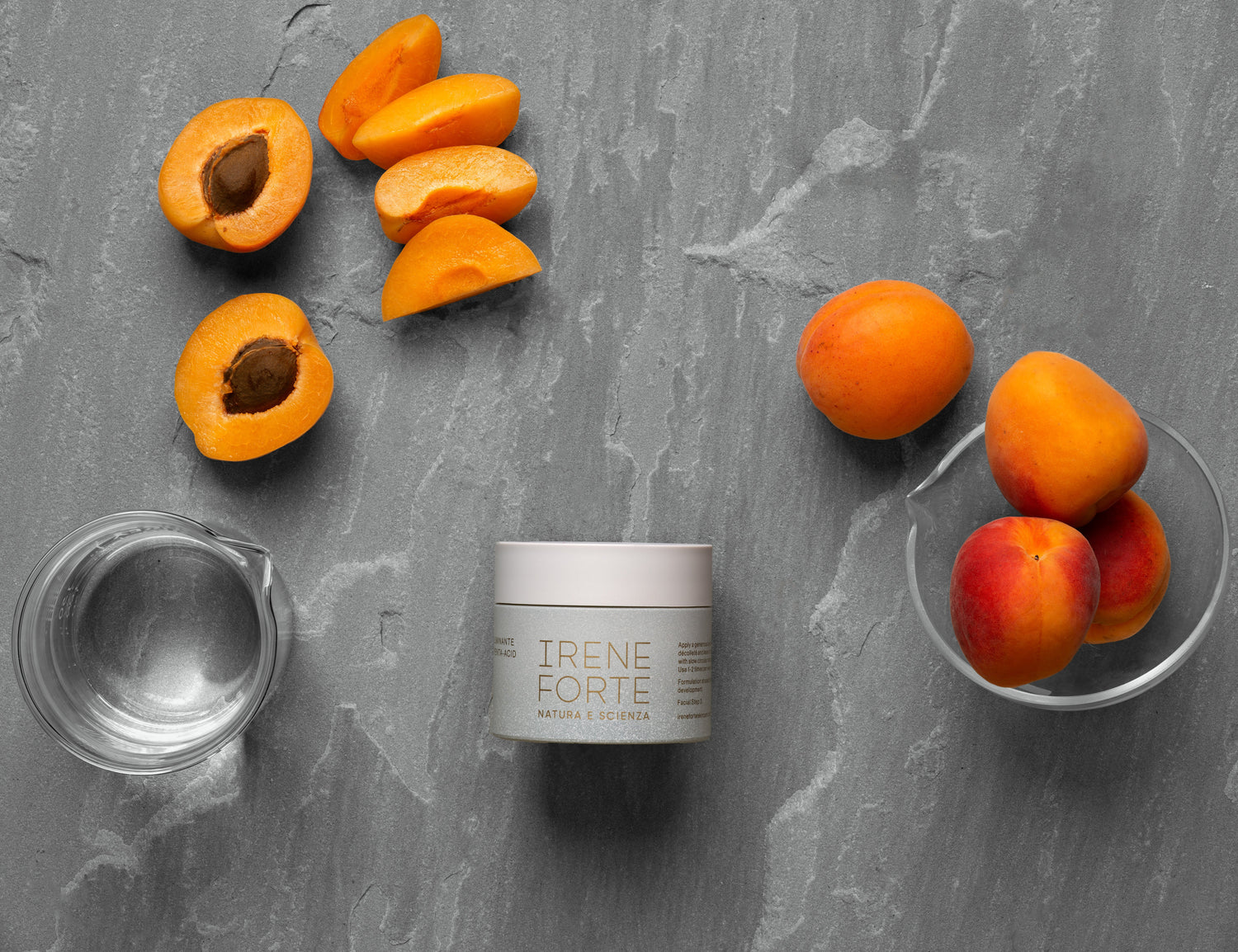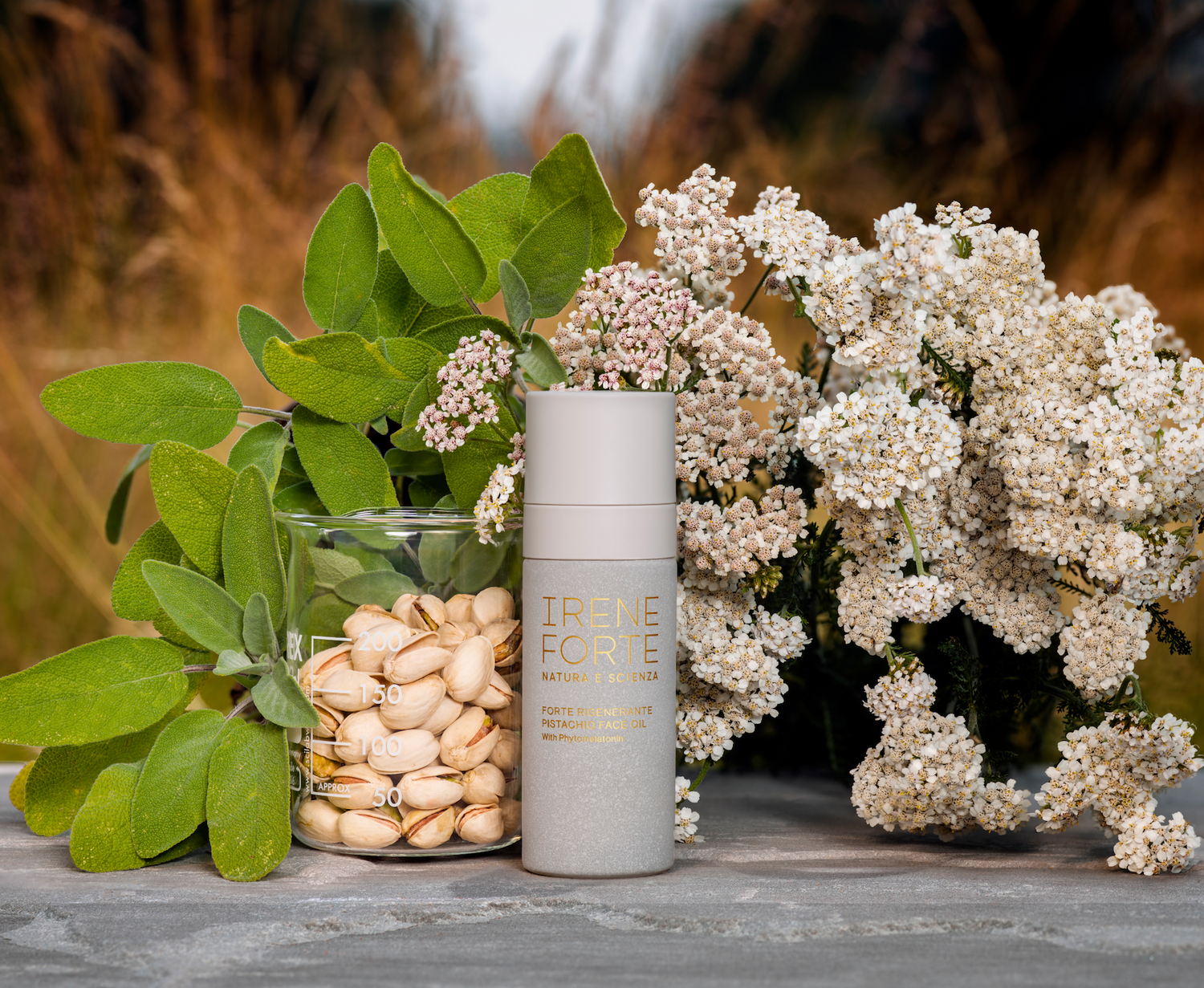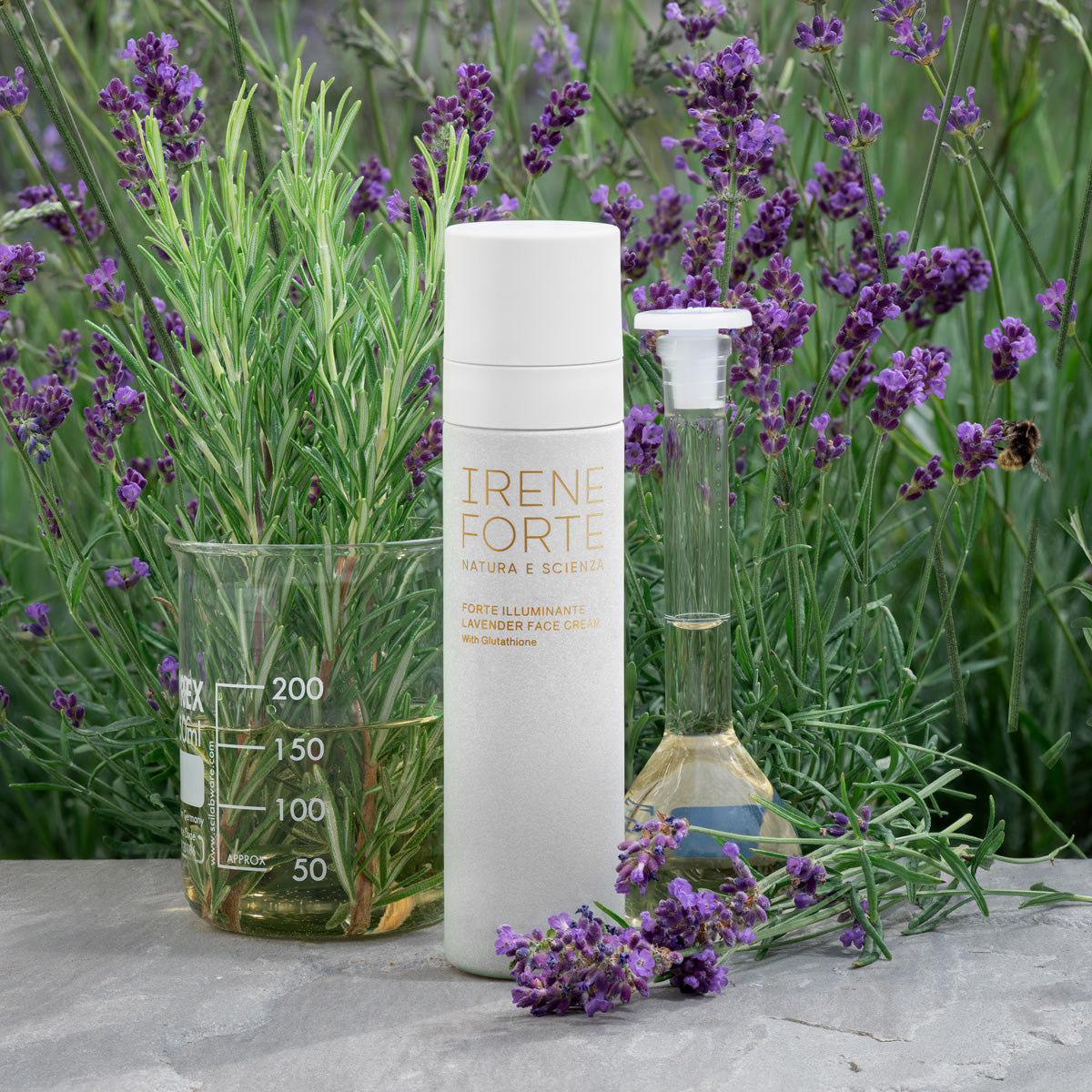
Today's amazing #ForteFemale is Natalie Fisher, a Dermatology Nurse Specialist with over 15 years of experience, who is incredibly passionate about all things skin-related. During her work as a lecturer at Canterbury University, she has taught skin assessment skills to nurses, paramedics and pharmacists. As well as this, she is a medical advisor for the charity Melanoma UK and will often be found raising awareness about skin cancer. Aside from work, she is the mother of two boys and is always striving to get that work-life balance just right!
What do you enjoy most about being a dermatology nurse?
As cliché as it sounds, the best part of my job is that I get to meet so many different people. I see patients sometimes at their lowest and most vulnerable, so it’s such a privilege to be that hand to hold and to give a listening ear.
What is your typical skincare regime? (morning/evening)?
My skincare routine is simple and the products I use are carefully chosen. In the morning, I cleanse my skin and then, I’ll apply a generous amount of sunscreen. In the evening, I double cleanse. First, I use a balm cleanser to remove my makeup and sunscreen. Then, I follow this with a gentle exfoliating cleanser. My next step is a targeted treatment, where I apply a prescription retinol product, then wait 20 minutes before finally applying a moisturiser. So in total, two steps in the morning and four in the evening.
On your Instagram @the.derm.nurse, you focus a lot on raising awareness about melanoma and skin cancers. What advice would you give to people to avoid the risk of and prevent skin cancer?
I cannot preach about sun awareness and the use of sunscreen enough. It’s so important to avoid burning but also tanning, as these can both lead to skin cancers.
When choosing a sunscreen, make sure it’s at least an SPF30 and that it is broad spectrum, meaning it protects against both UVA and UVB. When applying sunscreen, make sure to apply it liberally and generously. Most of us aren’t applying enough and this will reduce the SPF number significantly.
How should people check for a potentially cancerous mole?
It‘s so important to be familiar with your skin and to know what looks normal for you.
I would advise that we should all be in a routine of checking our skin monthly and when we do this, there are a couple of things to consider. Firstly, is this mole new? And secondly, if it’s an existing mole, is it changing? If your answer is yes to either of these questions, then you should seek the advice of a doctor, preferably a dermatologist.
What is the most common skincare problem you've come across as a dermatology nurse and how do you treat it?
This can be a little tricky to answer because it can depend on the location of my clinic. For example, when working in seaside towns, I see a lot of sun damaged skin. However, when working in cities, I see a younger patient demographic, so acne can be a common problem.
Generally speaking though, you can guarantee that every day I will see at least a handful of patients with dry or very dry skin. There is a common misconception that moisturisers are purely a cosmetic product; in my view, these should be seen as having medicinal benefits for the skin. If skin is hydrated, this can help prevent a flare up of dry skin conditions and it will also help reduce any itching.
What advice would you give to our readers that struggle with ‘maskne’?
I would recommend three main steps:
1. Make sure you change your mask regularly and if you’re wearing a fabric mask, wash it frequently.
2. Cleanse your skin thoroughly morning and evening with a gentle cleanser.
3. Keep your skin well moisturised with a moisturiser that contains skin barrier-loving ingredients, such as ceramides.
What is the most important product you use in your skincare regime?
It would have to be my sunscreen! Yes, I know this isn’t the most exciting answer but it’s important to me, not only for skin cancer prevention, but also from an anti-ageing point of view. The sun is responsible for most of the visible ageing of your skin. In my opinion, there is no point spending money on wonderful anti-ageing skincare if you are not using sunscreen daily.
What skincare advice would you give to our readers?
Invest in your skin! Not just through buying skincare products, but also with time. Skin responds well to consistency. Apply your sunscreen in the morning, have a considered regime in the evening, try to get 8 hours of sleep and try to reduce stress as much as you can.
What is your favourite Irene Forte Skincare product and why?
I’m really enjoying all of the products I’ve tried from the range but my favourite has to be the Hibiscus Night Cream. I use this as my final step in my evening routine and my skin feels beautifully hydrated in the morning. I’m results-driven and so far this cream is delivering - the fact it feels so luxurious is a bonus!




